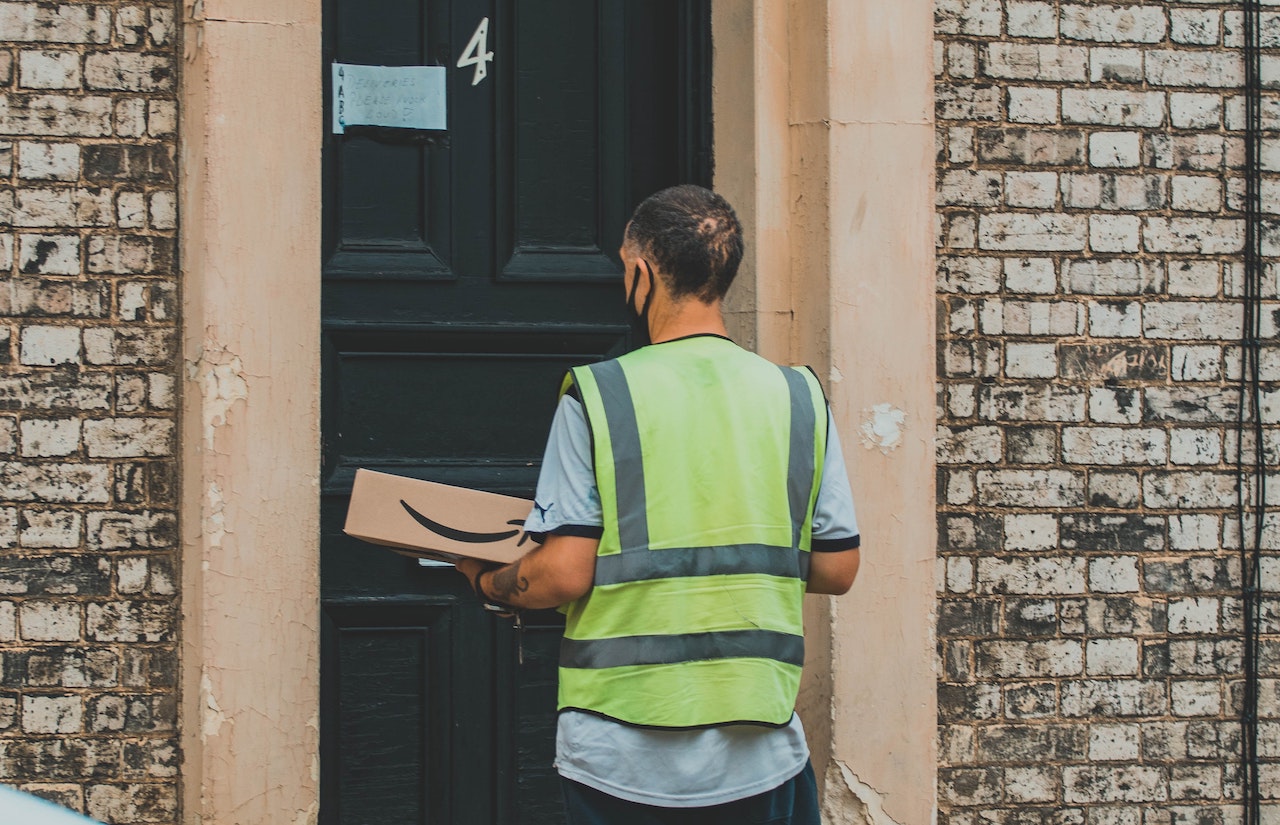New analysis of the environmental impact of online shopping has been produced by consumer spending experts in The Dirty Delivery Report, published by comparison site money.co.uk.
The Dirty Delivery Report examines the boom in online shopping during lockdown and reveals that while 85% of those polled plan to continue ordering online to take advantage of Black Friday deals, just one in ten of those people have considered the environmental impact of having goods delivered straight to their doors.
Money.co.uk calculates that ‘online shopping on Black Friday 2020 is predicted to release around 429,000 tonnes of carbon emissions into the atmosphere’. That’s the equivalent of the carbon produced by 435 return flights between London and New York, which, says the website, is the same weight as 61,308 elephants.
Using annual sustainability statements released by 12 leading UK parcel delivery companies, the experts learned which ones are ‘committed to cutting the carbon cost of home deliveries and which ones have a long to go to becoming green’.
Ranked highest in the study as the ‘most carbon conscious’ are Royal Mail (for having the largest ‘feet on the street network’ of 90,000 postal workers and a ‘strong fleet’ of electric vehicles) and Amazon (thanks to its 16,000 UK click and collect locations, which experts say not only heavily reduces the number of doorstep deliveries but increases footfall to local businesses).
The survey found that 45% of online shoppers say their purchasing decisions are impacted by which delivery company a retailer partners with; over half (56.7%) of 16-24-year-olds said an online store’s choice of courier would ‘make them think twice about completing their purchase’. The worst rated companies, according to Trustpilot reviews, are UPS and Fedex.
How carbon conscious are online shoppers?
The study polled 2,011 customers about their online spending during October 2020. Here are the key takeaways:
- Just one in ten said they factor ‘carbon-friendly delivery’ into their purchasing decisions, while 72% said they would view a retailer more positively if they offered free delivery. 35% admitted they ‘look for the least green delivery option of next day delivery’
- 20% of respondents said they would ‘refuse’ to pay any extra to offset the carbon of their purchases (17% said they would consider paying between £1 and £2)
- Millennials proved to be more conscious than baby boomers, with twice as many 16-24-year-olds factoring carbon-conscious delivery into their purchases, versus just 8% of those in the 55-plus age group saying the same
- Men are more impatient for their deliveries to arrive, with 37% admitting they seek ‘next day’ services, compared to 33% of women.






